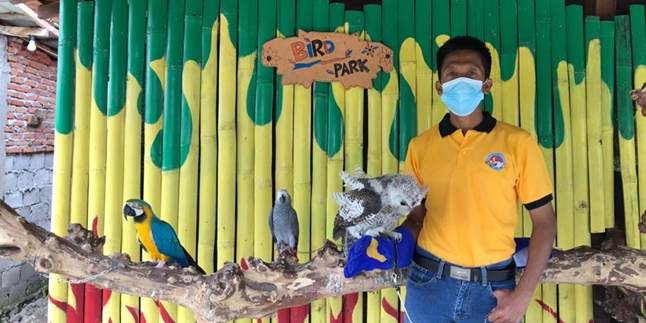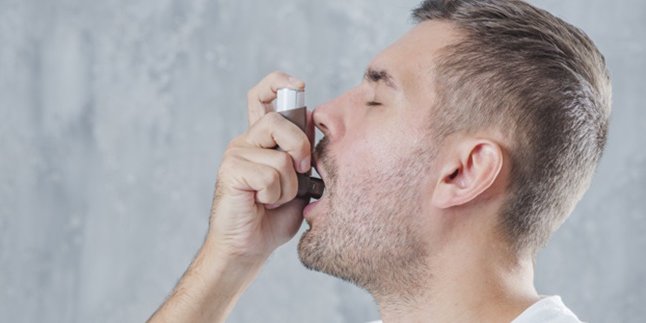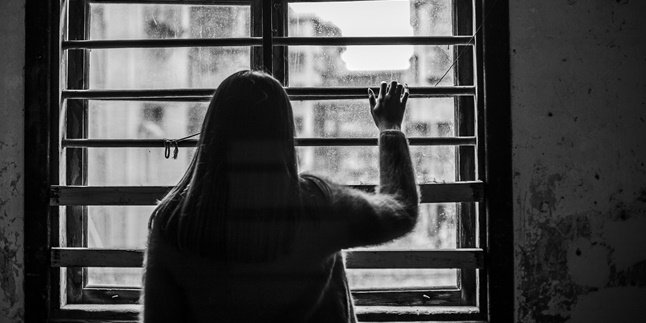Kapanlagi.com - Long before the pandemic, Mini Zoo Jogja Exotarium located on Jalan Magelang km. 8 Yogyakarta became one of the educational tourist attractions for animal knowledge that is always interesting to visit. Every day people are excited to interact with various kinds of animals there. However, apparently, the year 2020 became an extraordinary variety of problems as the community faced the distressing test of the Covid-19 disease.
Of course, this outbreak is unpleasant news for the animal habitats in Mini Zoo Jogja Exotarium. The loss of tourists certainly hit the operational funding of the mini zoo. It is not surprising that the management decided to lay off employees, and even the place that was once a paradise for the animals had to accept the reality of experiencing a food crisis. This is what forced the management to think creatively in order to ensure the well-being of the animals.
Like the story of Akbar Taruna, the manager of Mini Zoo Jogja Exotarium Education Center who is currently struggling to revive the animal habitat due to the pandemic. He even feels overwhelmed when he has to support the animals without any tourist visits.
1. Goyah di Terpa Pandemi
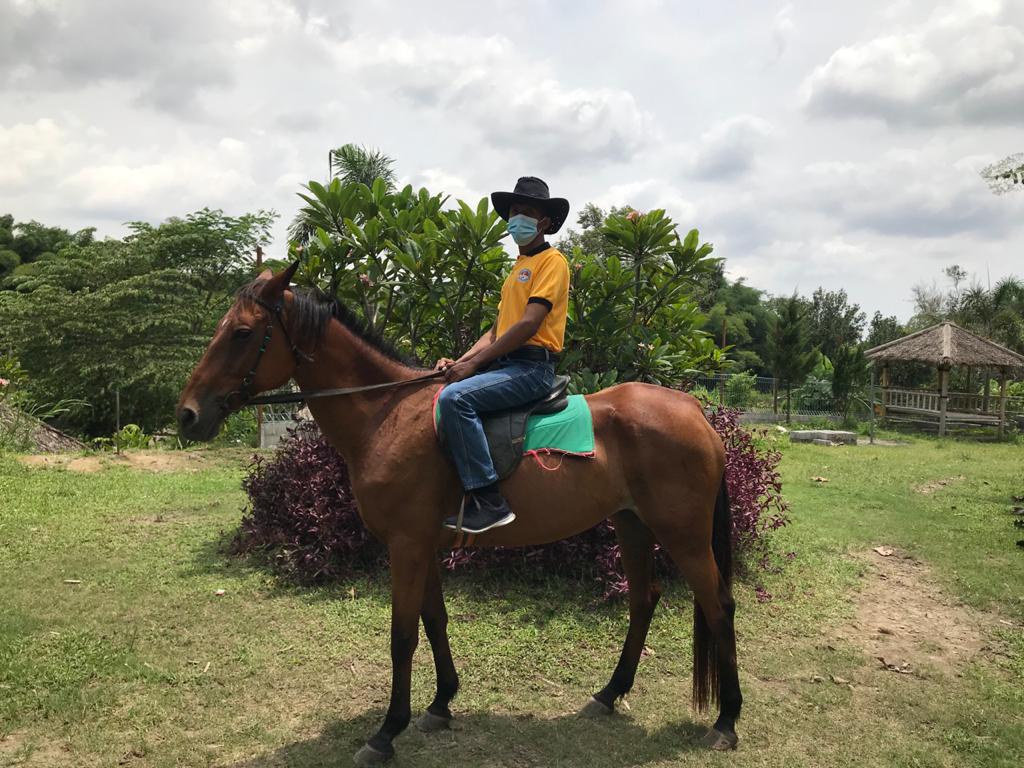
(credit: Reporter/Dita Tamara)
Apparently, early March became a nightmare for Akbar because the mini zoo that he had built for the past 3 years had to be affected by Covid-19. Of course, this also caused new problems for the animals living in the mini zoo. The loss of the main income of the mini zoo from the entrance fee charged to visitors who came was the cause. On the other hand, in order to help the program from the central and regional governments to suppress the spread of Covid-19, Akbar, who is also a veterinarian, decided to stop the mini zoo from operating in mid-March.nn"The peak was on March 15, when usually there were a thousand visitors, but at that time there were only a hundred people. Finally, on March 22, I decided not to accept tourists," said Akbar.nnTo Kapanlagi.com, Akbar expressed the pain and difficult times when struggling to take care of the animals even though they were affected by the pandemic. In addition, Akbar also thought about the fate of dozens of employees who depended on the mini zoo for a living. However, the reality is that the dwindling operational funds made Akbar reluctantly lay off more than half of his employees.nn"With a heavy heart, on April 1, 2020, I decided to lay off the mini zoo workers. From a total of 60 workers, only 25 remain," he continued.
Although faced with difficult choices, Akbar must prioritize. He also expressed that the most important thing at that time was to maintain and care for the animals as if they were in normal conditions.
2. The Fate of Animals During the Pandemic
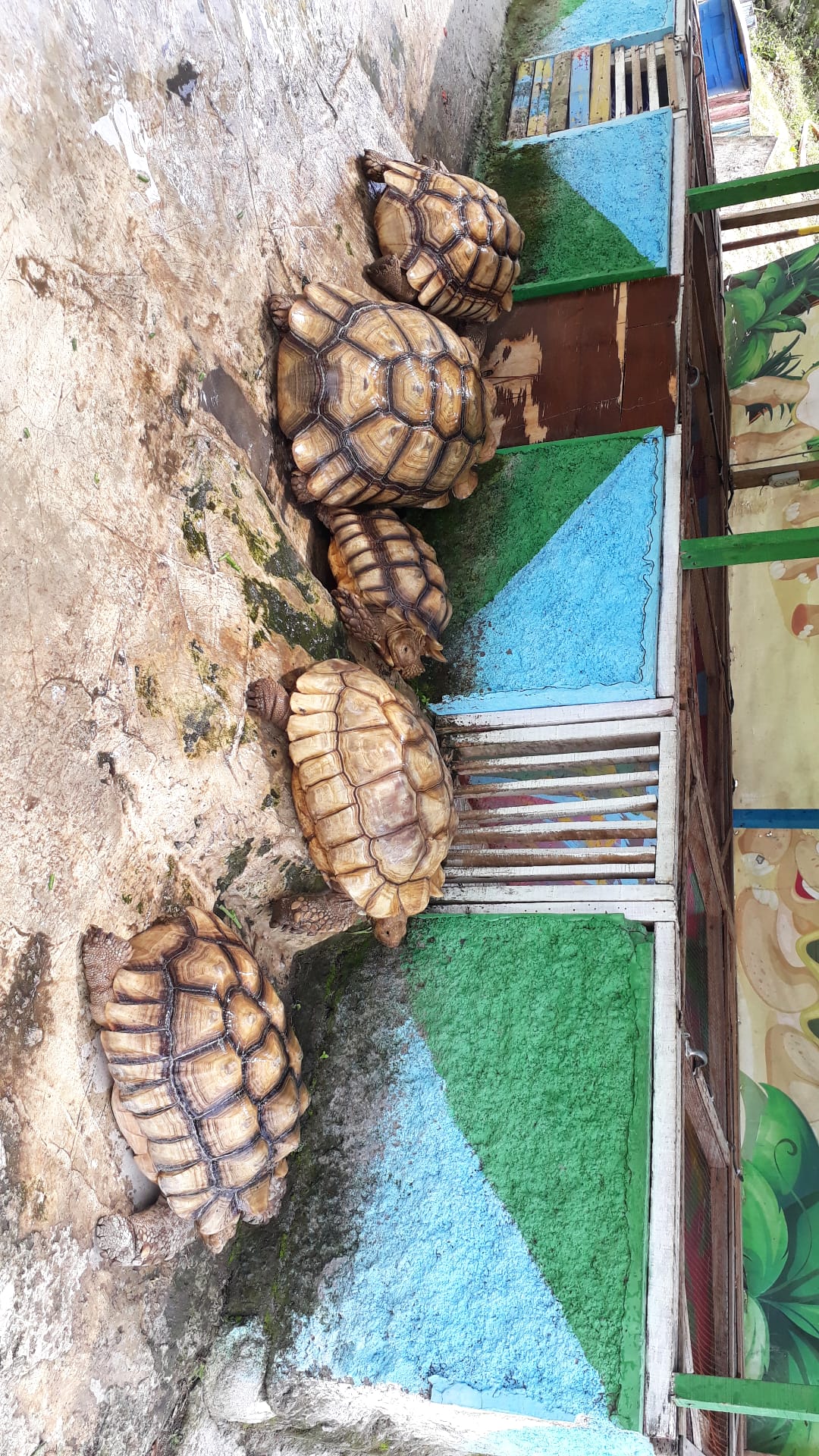
(credit: Reporter/Dita Tamara)
It cannot be denied that the impact of Covid-19 has haunted various sectors and caused a series of losses. The same goes for the situation faced by Akbar with more than 300 animals in his mini zoo.
Because managing a mini zoo is clearly different from running a business or company. When a business is closed, they can close completely. However, a mini zoo must survive because the animals still need to be fed, cared for, and cannot be stopped as it involves the lives of living creatures.
"Basically, I have a principle that currently prioritizes the animals," said Akbar.
The fate of animals during the pandemic also experienced some differences. Normally, one employee would focus on one cage, but since the pandemic, one person has had to take care of three cages. Moreover, when it was necessary to save on feed expenses, some types of animals had to be released to find food.
"To the point that when there were no visitors at all, all the animals like horses, goats, and cows were released in the field from 9 am to 12 pm," he added.
Akbar also explained that the cost of feeding the animals was not cheap. Especially since April until July, the mini zoo completely stopped operating. "Every month, I spend 35 million just for animal feed. Not to mention animals like snakes have to consume meat which is certainly not cheap".
Although faced with the heavy problem of the pandemic, Akbar continues to try to find ways so that his animals do not starve and can function normally.
3. Conducting Fundraising
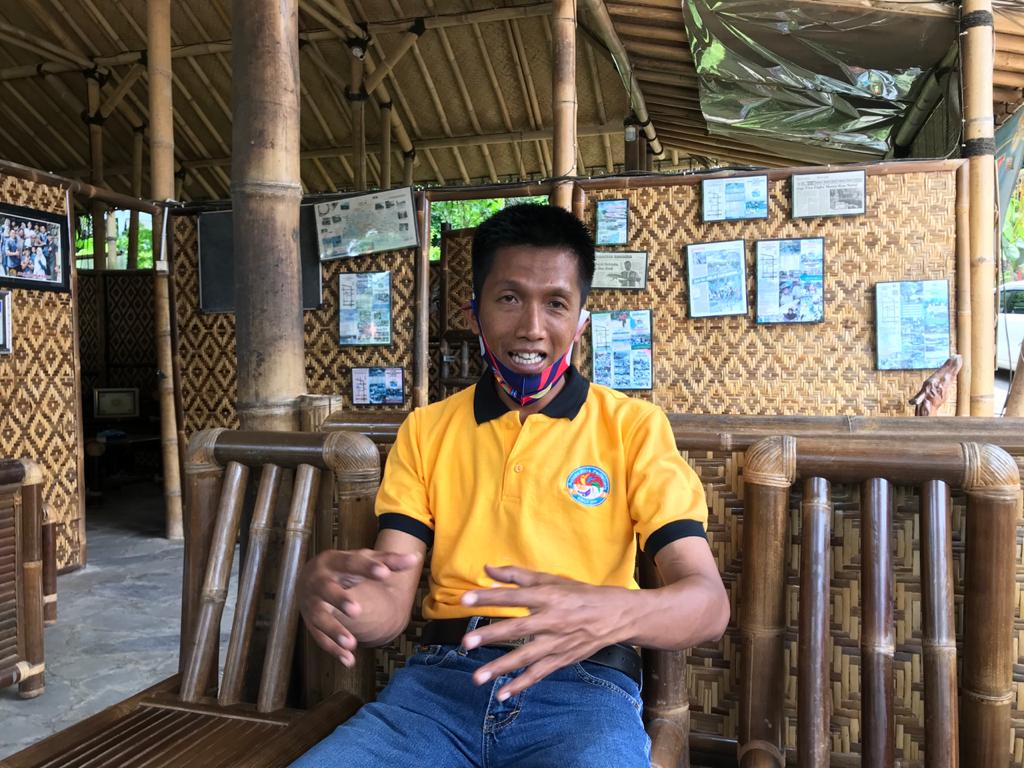
(credit: Reporter/Dita Tamara)
The fate of animals in this 9-hectare mini zoo has been fluctuating due to the lack of tourists who guarantee their food. In fact, the funds for animal feed can only last for 1 and a half months since there are no visitors. It is this concern that prompted Akbar to dare to conduct fundraising for hundreds of animals.
"After calculating, the funds for animal feed can only last for 1 and a half months. Whether I like it or not, conducting fundraising at that time became my main option. All colleagues, campus, and local government agencies provided a lot of assistance and saved the fate of the animals in the midst of the pandemic," Akbar said.
Akbar also emphasized that all donations are in the form of money and pure animal feed. However, Akbar also mentioned that he does not want to rely on donations for too long. Slowly, he began to rise and try to be self-sufficient.
4. Starting to Rise
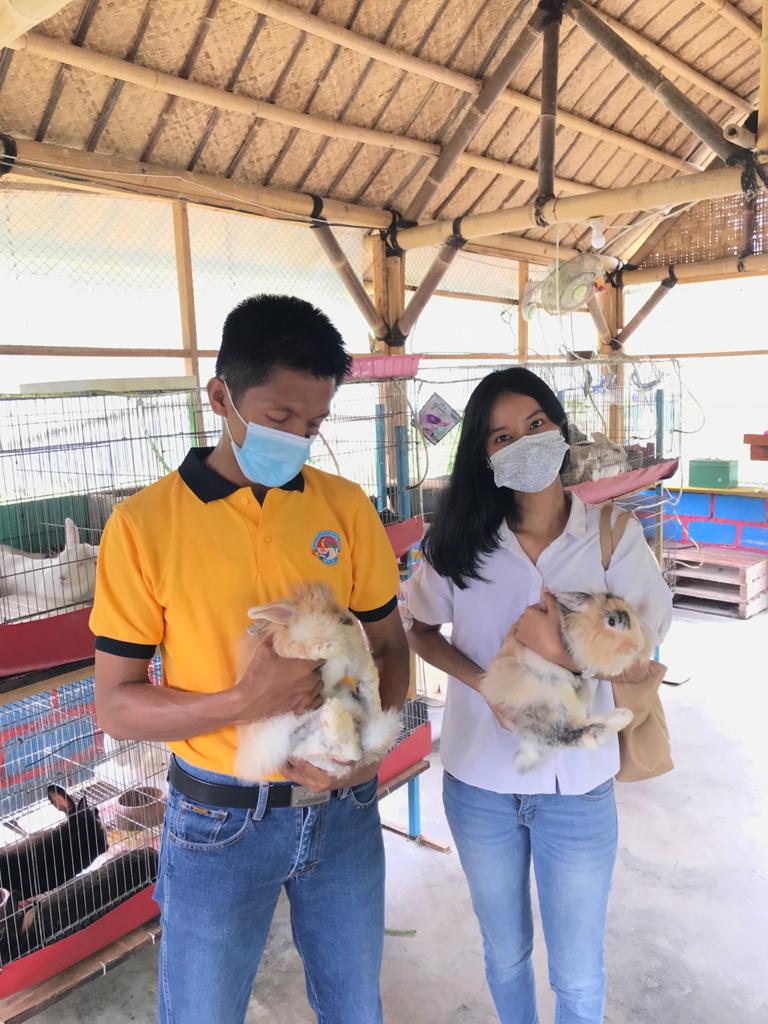
(credit: Reporter/Dita Tamara)
Since obtaining permission to reopen the mini zoo, there has been a glimmer of hope for Akbar. This is because it will also have an impact on hundreds of animals and dozens of other workers. Although not fully recovered yet, Akbar is somewhat relieved with the tourists who are starting to come in this new normal era.
"So far it hasn't reached its maximum potential, in a day without a pandemic, the mini zoo can attract hundreds of visitors every day. However, since the reopening, there have only been 30 to 50 people," Akbar explained the current condition of his mini zoo.
The good news is that dozens of laid-off workers have been able to return to work. Kapanlagi.com also had the opportunity to interview Dodi Arifudin, one of the workers who had been laid off.
"I was laid off for 3 months. But I am very grateful to be able to work again. Hopefully, my friends who were laid off can also return to work here and hopefully the number of tourists will stabilize soon," Dodi hopes.
To attract tourists again, Akbar plans to open a night tour with a natural atmosphere by adding several selfie spots and other animals. Although faced with a pandemic, Mini Zoo Jogja Exotarium is implementing strict health protocols by checking temperature, adhering to mask usage, and providing many hand washing facilities. With this, it is hoped that visitors can still stay safe on the premises and interact directly with the animals.
(kpl/dtm)
Disclaimer: This translation from Bahasa Indonesia to English has been generated by Artificial Intelligence.
